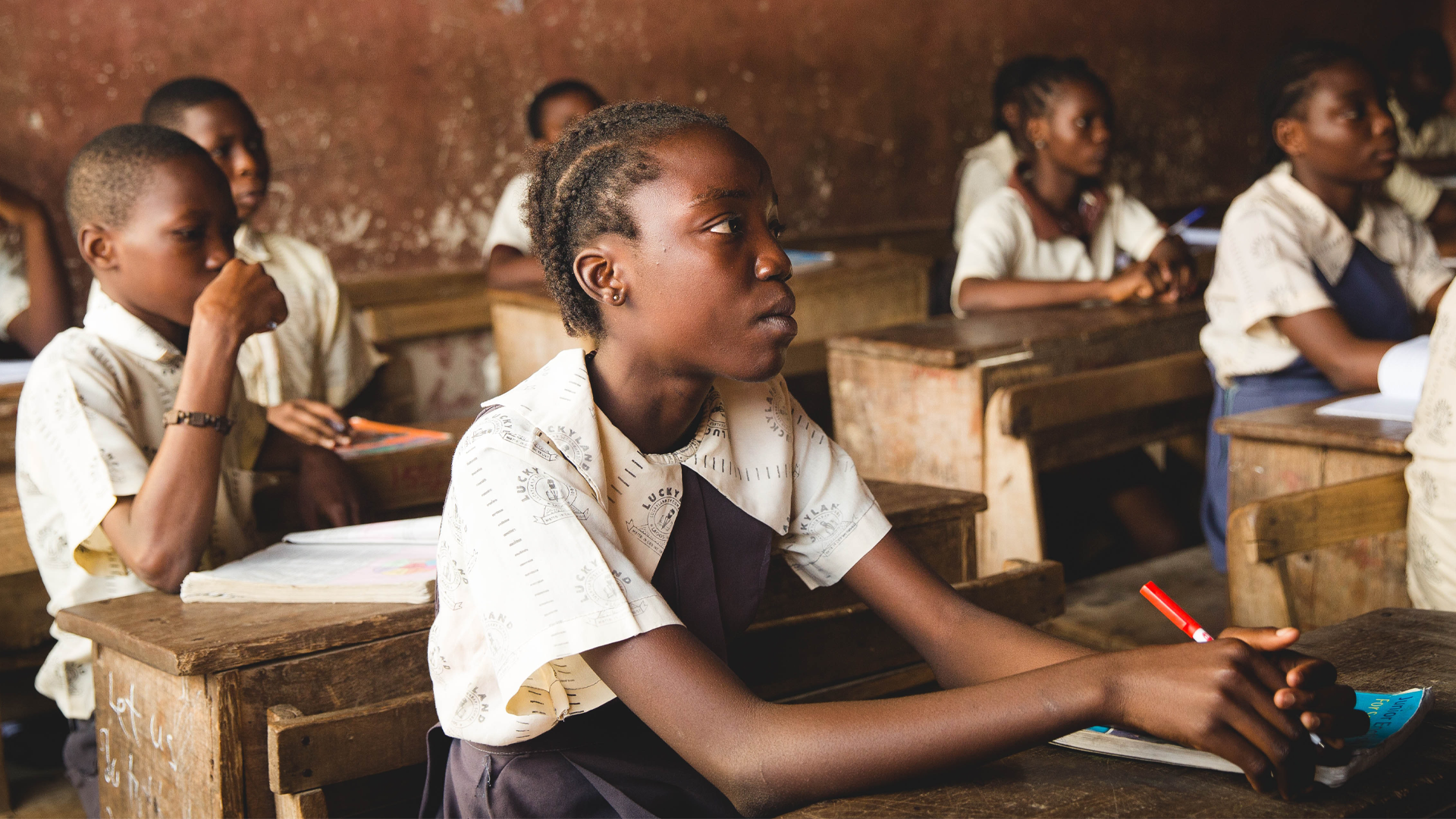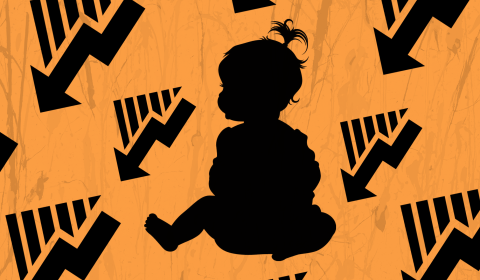In rural South Africa, education performance in science, technology, engineering and mathematics among girls has been a major problem despite efforts to create educational equality.
Despite the government’s efforts in upgrading the learning conditions in South Africa rural areas, the country’s education system remains a major problem for students in remote areas.
Rural schools face various challenges, including insufficient state funding and a lack of adequate learning resources. Some girls are left behind as parental interest in their daughters’ education is not a priority.
Last year, more girls took the Grade 12 examinations in maths and physical science than boys.
However, boys recorded a higher performance in both than girls. The gender gap in these education fields also widens in others academia, including skill training and career trajectory. According to UNICEF South Africa, less than 28% of females graduate in science, tech, engineering, and maths related careers.
Today, only 7% of all engineers in South Africa are women. This gender gap in the workforce directly aggravates the challenges of poverty, inequality, and unemployment.
It is estimated that a 3% economic growth could be achieved through reducing the gender pay and employment gaps in the country. According to GenU, a social enterprise hub in South Africa, there are over 100,000 vacant digital tech jobs due to lack of skilled labour.
Such jobs are currently being outsourced. Through skilling the current generation, especially girls, gaining employment in this sector is highly achievable and could boost the country’s economy.




















